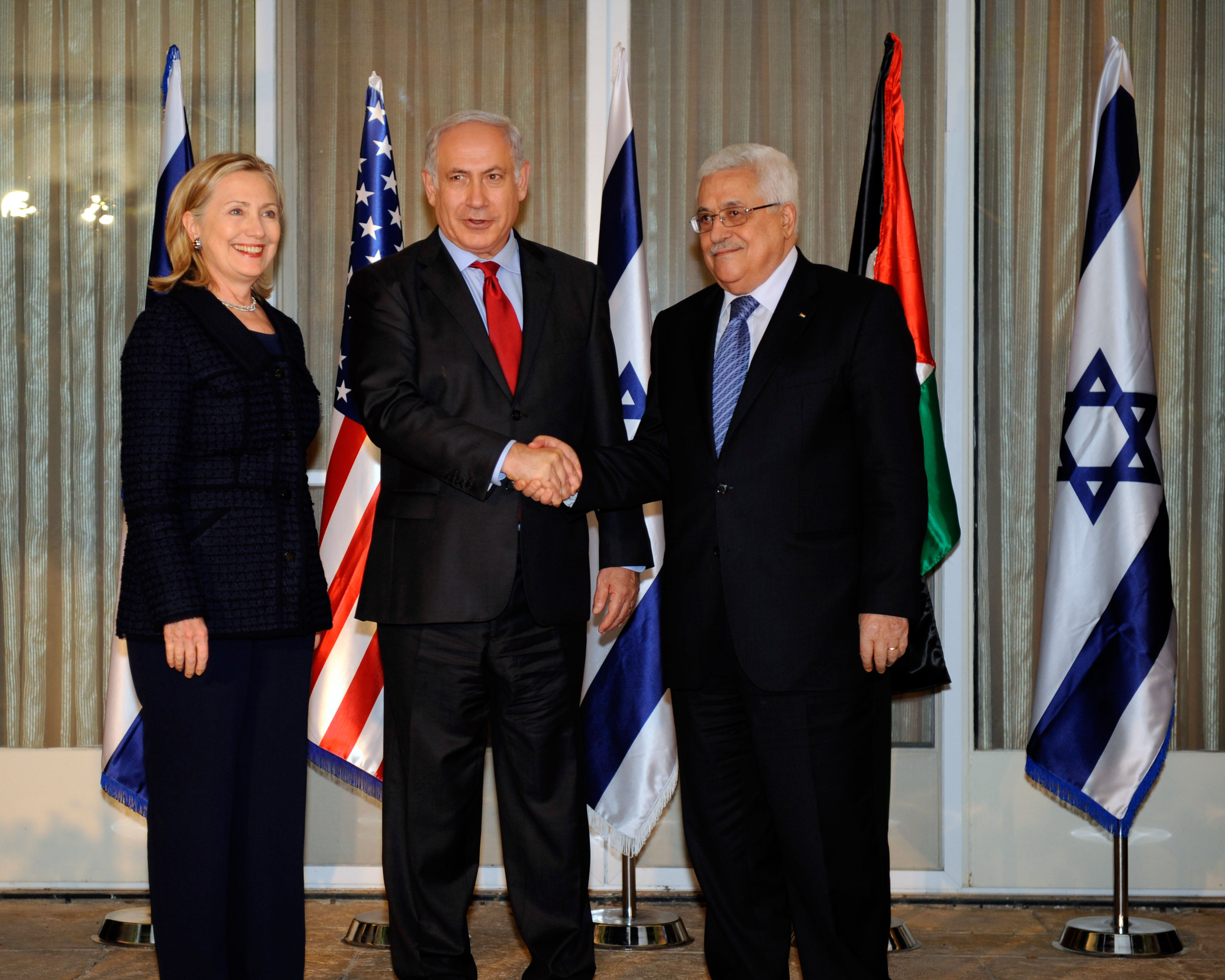The Israeli-Palestinian Conflict - Israel and Hamas Collide

Despite several negotiations attempts, peace still eludes the region.
By Jennie Wood
Israel and Hamas CollideIn June 2008, with the help of Egypt, Hamas and Israel declared a six-month truce. Hamas officials said they would stop rocket attacks on Israel, not just from its own group, but other groups based in Gaza. It took time, but Hamas was mostly successful. However, Hamas did not get the shipments of goods that they were promised. Israel planned to increase the shipments in stages and pointed out that the rocket attacks never completely stopped. After the truce ended in December, rocket fire increased. Israel began an air strike and, on January 3, 2009, a ground invasion. The invasion was widely supported within Israel, but drew international criticism because the attack killed at least 1,400 Palestinians and 13 Israelis. The conflict strained Israel's relationship with the United Nations because mortars hit a school run by the UN, killing more than 40 people. An investigation of the three-week war by the UN found that both the IDF and Palestinian groups committed actions equaling war crimes. Israel's government disputed the report. Flotilla FalloutMore international condemnation of Israel came in May 2010 after a military operation against six ships organized by the Free Gaza Movement and the Turkish Foundation for Human Rights and Freedoms and Humanitarian Relief (IHH). The ships, carrying aid and construction materials, intended to break Israel's blockade of the Gaza Strip. These relief missions had been carried out before without incident. Israeli commandos landed on the ship and were attacked with pipes, knives and other instruments. Commandos then opened fire and killed nine people on the ship. According to Israeli sources, there was no humanitarian aid on the ship. Moreover, the captain and crew members stated that IHH activists had taken over the ship, keeping passengers off the deck in order to Obama Calls for Two-State Solution, Palestine Appeals to the UNIn early 2009, Ehud Olmert, facing a criminal investigation, resigned. Foreign Minister Tzipi Livni had won the Kadima primaries at the end of the previous year, but was unable to form a coalition. On February 10, 2009, Israel voted in favor of the right wing parties and Benjamin Netanyahu became prime minister. The U.S. increased pressure on Israel to accept a two-state solution. On June 4, 2009, President Obama gave a speech in Cairo. Addressing the Muslim and Arab world, he called on Palestinians to renounce violence, on Arabs to recognize Israel's right to exist, and for an end to settlement construction. Netanyahu responded, pledging Israel's support for the two-state solution and an end to building new settlements, but housing units continued to be built. More pressure for a two-state solution came in 2011. On May 4, Fatah and Hamas, rival Palestinian parties, signed a reconciliation accord. The two factions cited the common cause of being against the Israeli occupation and disillusionment with American peace efforts as reasons for the accord. The deal reworked the Palestine Liberation Organization, which had previously excluded Hamas. On May 16, the New York Times published a piece written by Mahmoud Abbas. In the piece, Abbas stated that at the United Nations general Assembly, Palestine will request international recognition based on the 1967 border and that the State of Palestine be admitted as a full member of the United Nations. He also wrote in the piece that negotiations remained Palestine's first option, but "due to their failure we are now compelled to turn to the international community to assist us in preserving the opportunity for a peaceful and just end to the conflict." On May 19, in an effort to capitalize on the season of change in the Arab world, President Obama declared that the borders before the 1967 Arab-Israeli war should be the basis of a Mideast peace deal between Israel and Palestine. He also said that the borders should be adjusted to account for Israeli settlements in the West Bank. Obama's speech came a day before a scheduled meeting with Netanyahu in Washington. The Israeli government protested immediately, saying that a return to the pre-1967 borders would leave Israel "indefensible," which Netanyahu reiterate during his meeting with Obama. However, Netanyahu maintained that Israel is open to negotiations.
Sources: Associated Press, New York Times, mideastweb.org, The Economist, and BBC. |
About the author








